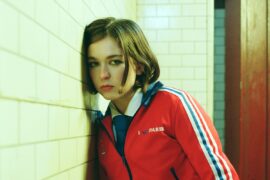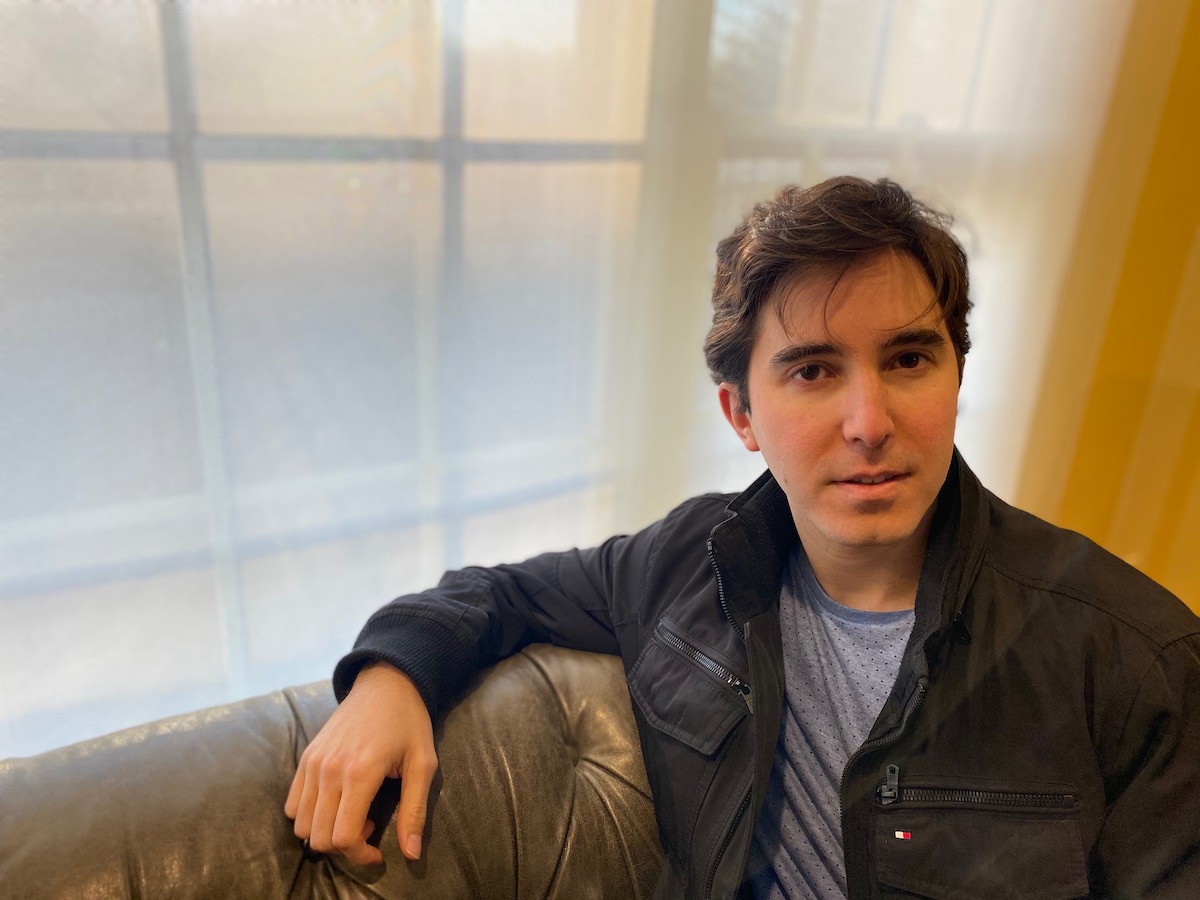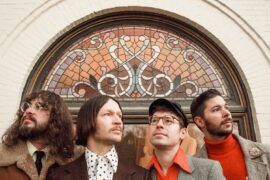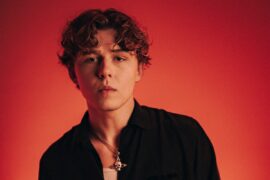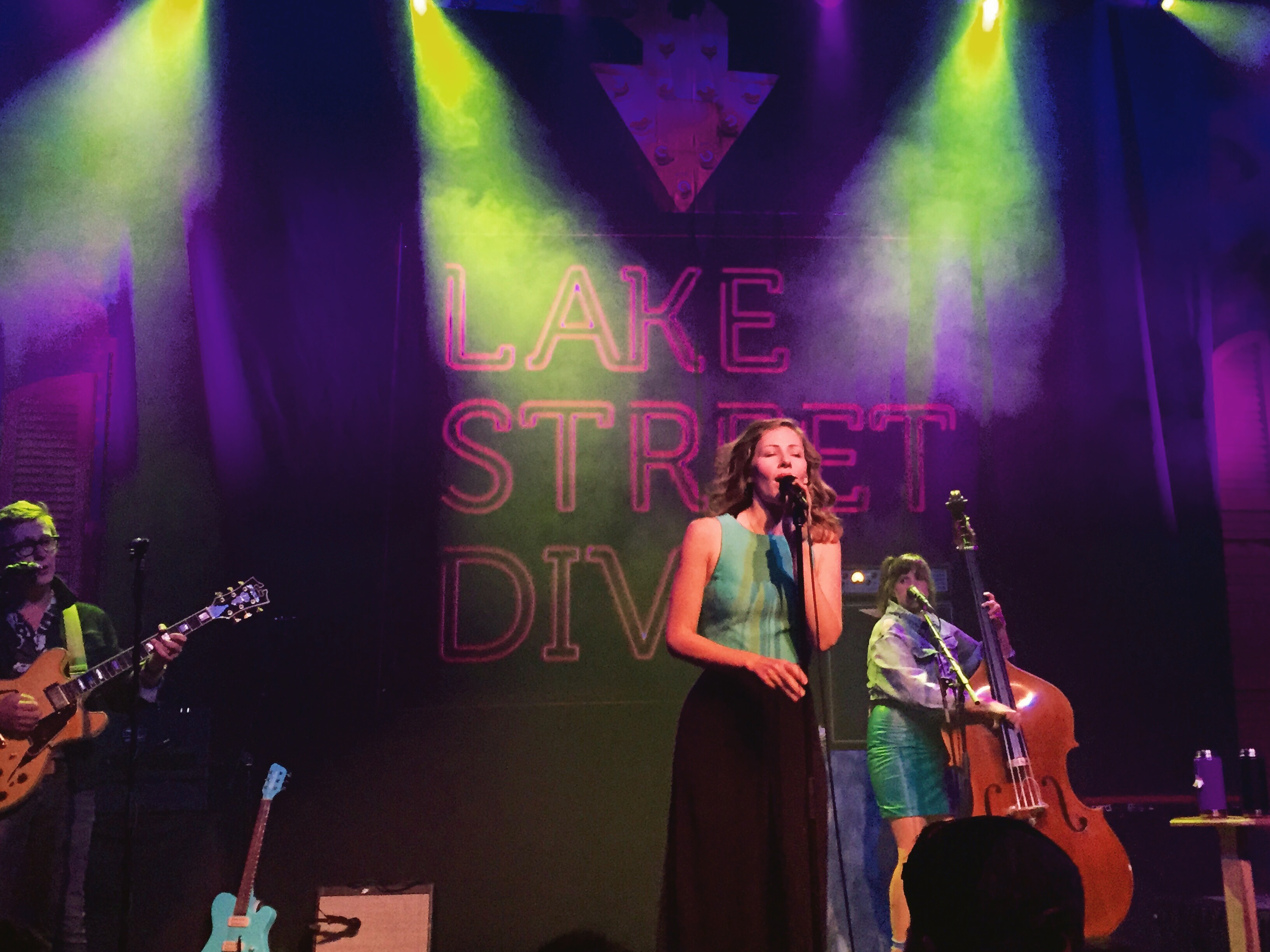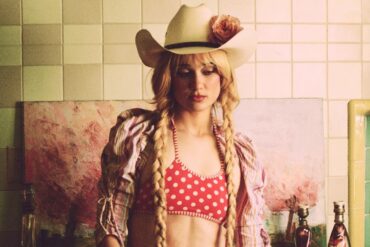“Pourquoi la musique?” philosopher Francis Wolff asked. With his third album ‘Nova Cardinale,’ French composer and electronic music producer Superpoze delivers his answer.
Stream: ‘Nova Cardinale’ – Superpoze
I’m sticking to my line: Free albums that you can listen to in their entirety!
French philosophers have planted many ideas in our heads over the eras. “One is not born, but rather becomes, a woman.” “The less men think, the more they talk.” “Man is born free, and everywhere he is in chains.” Et bien plus d’autres….
In the case of young producer Superpoze, it was the words of Francis Wolff, a music philosopher at the École Normale Supérieure in Paris, that really struck a chord. In his 2015 essay collection, Pourquoi la Musique?, Wolff set out to explore why it is that music production has given us access to humanity as we know it. He considered music’s ability to draw us into imaginary worlds, as well as what said worlds may tell us about our real-life universe.

Wolff’s ideas and conclusions — most of all, the notion that music grants us certain indispensable forms of freedom and emancipation — resonated with his fellow Frenchman, Superpoze. Born Gabriel Legeleux, he grew up in Caen, Normandy and began playing the piano at an early age. That allowed him to make an easy transition to the electronic keyboard, which in turn would lead him to make a name for himself in the Norman EDM scene.
Eventually making his way to Paris, Superpoze released his debut LP, Opening, at age 23 in 2015. Four new full-length albums have since ensued, two of which were soundtracks for indie French films, Frères ennemis and La Source. His most recent effort, Nova Cardinale, was released on March 25th.
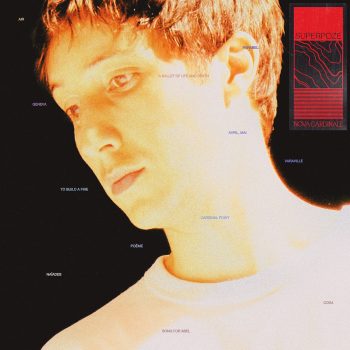
For a musician who started off strictly playing the piano, his work has gotten to be remarkably textured. Flutes, dulcians, cellos, violas, a six-person choir and more all populate “Geneva” alone, and many other instruments surface at various points across Nova Cardinale. Along with the guests playing all of those, another important creative partner ‘Poze has found is director Marc de Pierrefeu, who produced the music video for lead single “Parabel,” and is currently developing a series of videos for all twelve of the tracks included here.
Superpoze is now ready to offer Atwood readers a glimpse into the process of making multi-textured music of this nature, all with a bit of Francis Wolff’s philosophy channeled inside.
When I make an album, I have to build and imagine everything: The universe, the melodies, the colors, and the direction.
— —
:: stream/purchase Superpoze here ::
A CONVERSATION WITH SUPERPOZE
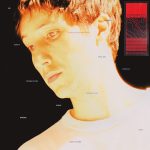
Atwood Magazine: When you stepped into the game in 2015 with your debut album, Opening, what were your goals for your creative future?
Superpoze: To always be free in my music. To make albums that you can listen to all the way through. To write a great discography!
Seven years later, how well have you realized those goals, and where do you hope to go next?
Superpoze: I did a lot of collaborations in France that were not planned, but otherwise I’m still following my path. I’m releasing my third album, and it’s my favorite so far! I’m sticking to my line: Free albums that you can listen to in their entirety (preferably)!

Your last two albums were movie soundtracks. Does making music specifically for cinema affect your sonic output in any way, versus making a studio album?
Superpoze: One could draw a connection, but it’s a very different job. Film music accompanies something. You add sounds where there is already a lot of meaning. When I make an album, I have to build and imagine everything: The universe, the melodies, the colors, and the direction. It’s very different.
Nova Cardinale features a wondrous blend of different instruments woven together. How do you decide which ones to include in order to achieve the particular mood you are aiming for with each track?
Superpoze: I tried to create a wide and rich world, so there are indeed a lot of sounds mixed together. Most of the time, I recorded the parts with a lot of instruments, and it’s in the mix that I created the balance — by moving some instruments away, or by putting them only on the right or on the left. Like in nature, some things are almost imperceptible… but they are there, far away or on the side.
What interests me is that the instruments disappear in the mass of what they create. They form a whole and we almost forget that this whole is a mixture of synthesizers, cellos, piano, and so on.
What interests me is that the instruments disappear in the mass of what they create.

Is it fair to say that the piano is your go-to instrument? How has your passion for it emerged and endured?
Superpoze: Yes, it is on the piano that I start writing almost all my pieces. When I was a kid, there was a piano in my house. I took some lessons but it didn’t last long. I moved away and we couldn’t take the piano with us. Years later, in 2013, we were able to get that piano back and I started playing it again. It was on this piano that I wrote Opening — my first album, released in 2015 — and since then, I have composed almost everything with it!
Creating this album has been a part-solitary, part-collaborative process. How do you balance out both of those in order to achieve the end product you are aiming for?
Superpoze: There is a back and forth between the two. The first step is done alone: composing, finding a direction and being sure of what I want to do. I spent months alone sketching out the album. Once my demos were ready, I spent weeks in the studio with a team: sound engineer, arranger, musicians, singers… Then, in the third stage, you have to isolate yourself again, sort everything out, make choices, and rewrite from the material you have. And finally, to finish, return to the collaboration for the mixing of the album.
What did you find most inspirational about the philosophy you encountered while making this album (especially Francis Wolf and ''Pourquoi la musique?'')?
Superpoze: The idea of instrumental music that has no function, no specific destination. It’s a certain idea of freedom and emancipation, and I’m very attached to it!
Is there any meaning behind the album's title, Nova Cardinale?
Superpoze: I like the association of the word “Nova”, the shining star, the mystery of the sky, with the idea of a cardinal direction: the destination, the clear direction, something sure. I like to associate mystery and certainty, that’s what drives us when we make a record. I’m sure of what I’m doing, but it remains very mysterious, even to me.

In what ways do you hope fans will connect with this new album, as well as with any other projects you may be working on next?
Superpoze: It’s an album that allows you to take your time, and I hope you’ll enjoy it on many levels. One can of course get attached to the piano melodies, but also to all the sounds that constitute this world. It is an album in which I put all my sensibility, and it is often what is very intimate that is the most universal. I hope that this music will resonate in the hearts of those who listen to it!
It is an album in which I put all my sensibility, and it is often what is very intimate that is the most universal.
— —
:: stream/purchase Superpoze here ::
— — — —

Connect to Superpoze on
Facebook, Twitter, Instagram
Discover new music on Atwood Magazine
? © François Quillacq
:: Stream Superpoze ::


